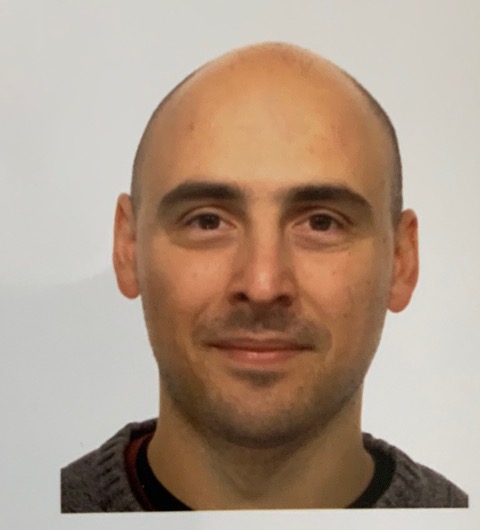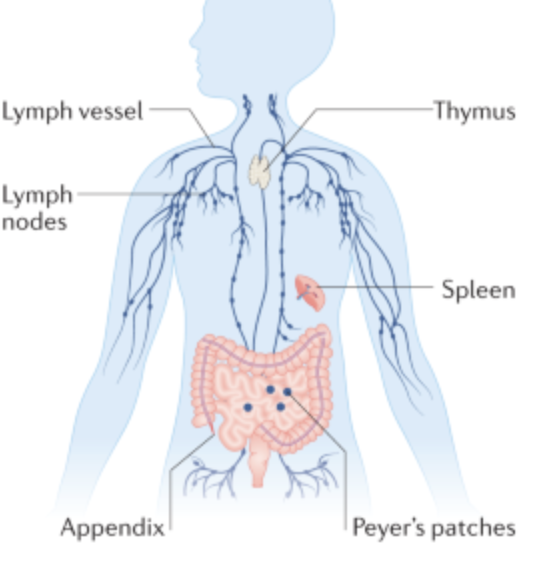
Marco di Corato (Investigador Juan de la Cierva, Universidad de Zaragoza)
Rheology and mechanics of the cell nucleus: recent progress and open questions
Fecha: 10-05-2023
Hora: 15 h
Lugar: Aula A.06 del edificio Ada Byron
Abstract:
Eukaryotic cells in tissues are constantly subjected to several mechanical stimuli acting over different scales. For instance, shear stresses due to fluid flow, cell contractility, substrate stiffness and cell migration all contribute to generating mechanical cues, which are then transmitted to the cell nucleus.
Experimental observations show that the subsequent nuclear deformations can alter the genetic information expression potentially leading to cell reprogramming into tumor precursors, fracture of the nucleus and DNA damage, all of which are detrimental to the health of the organism. These phenomena highlight the critical importance of the mechanical properties of the cell nucleus and suggest that deformations are intimately linked to chemical epigenetic changes and the expression of genetic information.
In this talk, I will review recently-published results on the mechanics of the cell nucleus and try to rationalize them using the framework of rheology, which was originally developed to study the flow and deformation of plastic and polymer solutions. Finally, I will conclude by highlighting all the exciting open questions that needs to be addressed to disentangle the mechanisms that couple mechanics and biochemistry inside the cell nucleus.
Abstract
The world is becoming unprecedentedly connected thanks to emerging media and cloud-based technologies. The holy grail of metaverse requires recreating a remotely shared world as a digital twin of the physical planet. In this world, the human is probably the most complex mechanical, physical, and biological system. Unlike computers, it is remarkably challenging to model and engineer how humans perceive and react in a virtual environment. By leveraging computational advancements such as machine learning and biometric sensors, this talk will share some recent research on altering and optimizing the human visual and behavioral perception toward creating the ultimate metaverse.
Bio
Qi Sun is an assistant professor at New York University, Tandon School of Engineering (joint with Dept. of Computer Science and Engineering and Center for Urban Science and Progress). Before joining NYU, he was a research scientist at Adobe Research and a research intern at NVIDIA Research. He received his Ph.D. at Stony Brook University. His research interests lie in computer graphics, VR/AR, vision science, machine learning, and human-computer interaction. He is a recipient of the IEEE Virtual Reality Best Dissertation Award.
